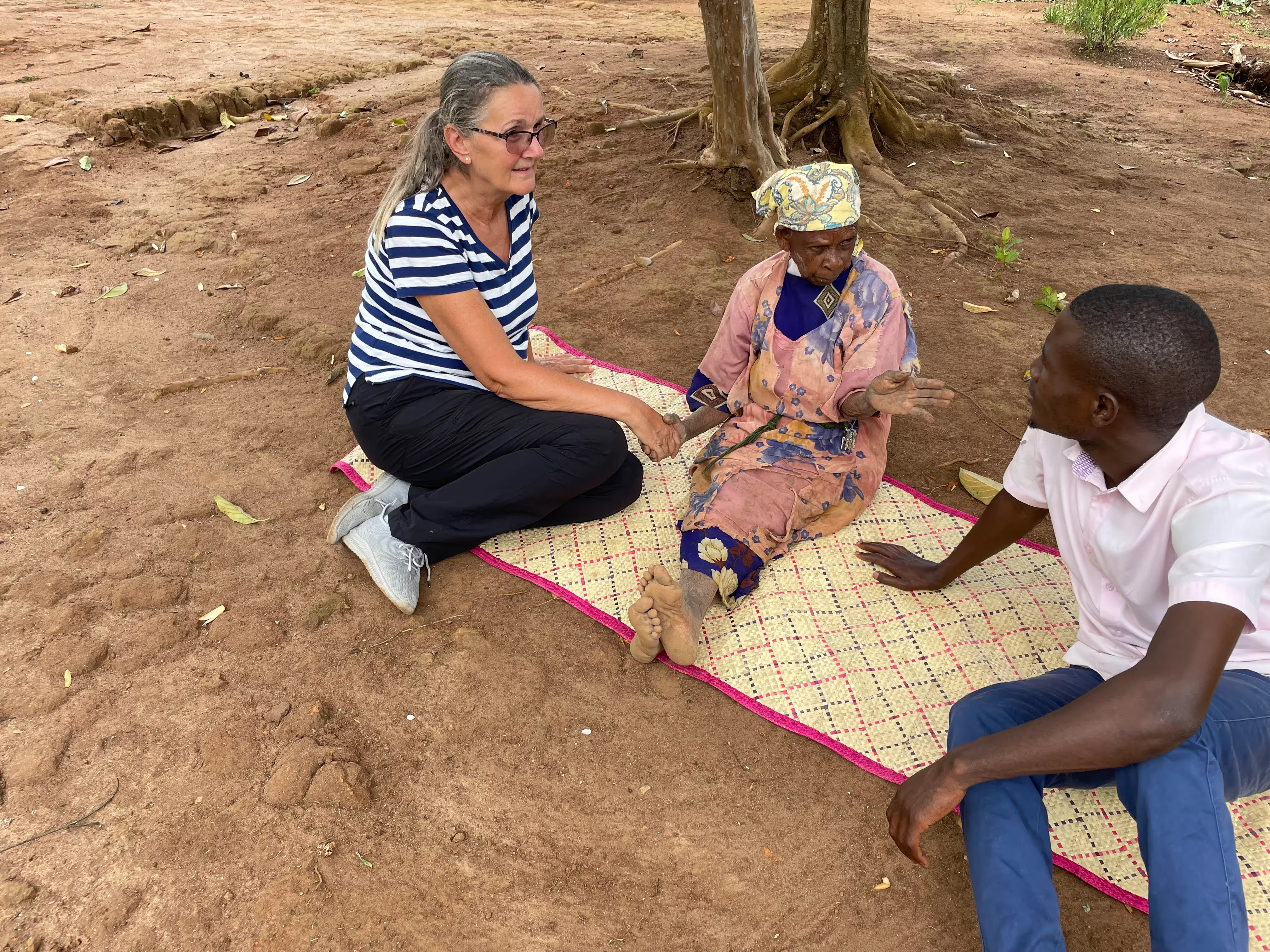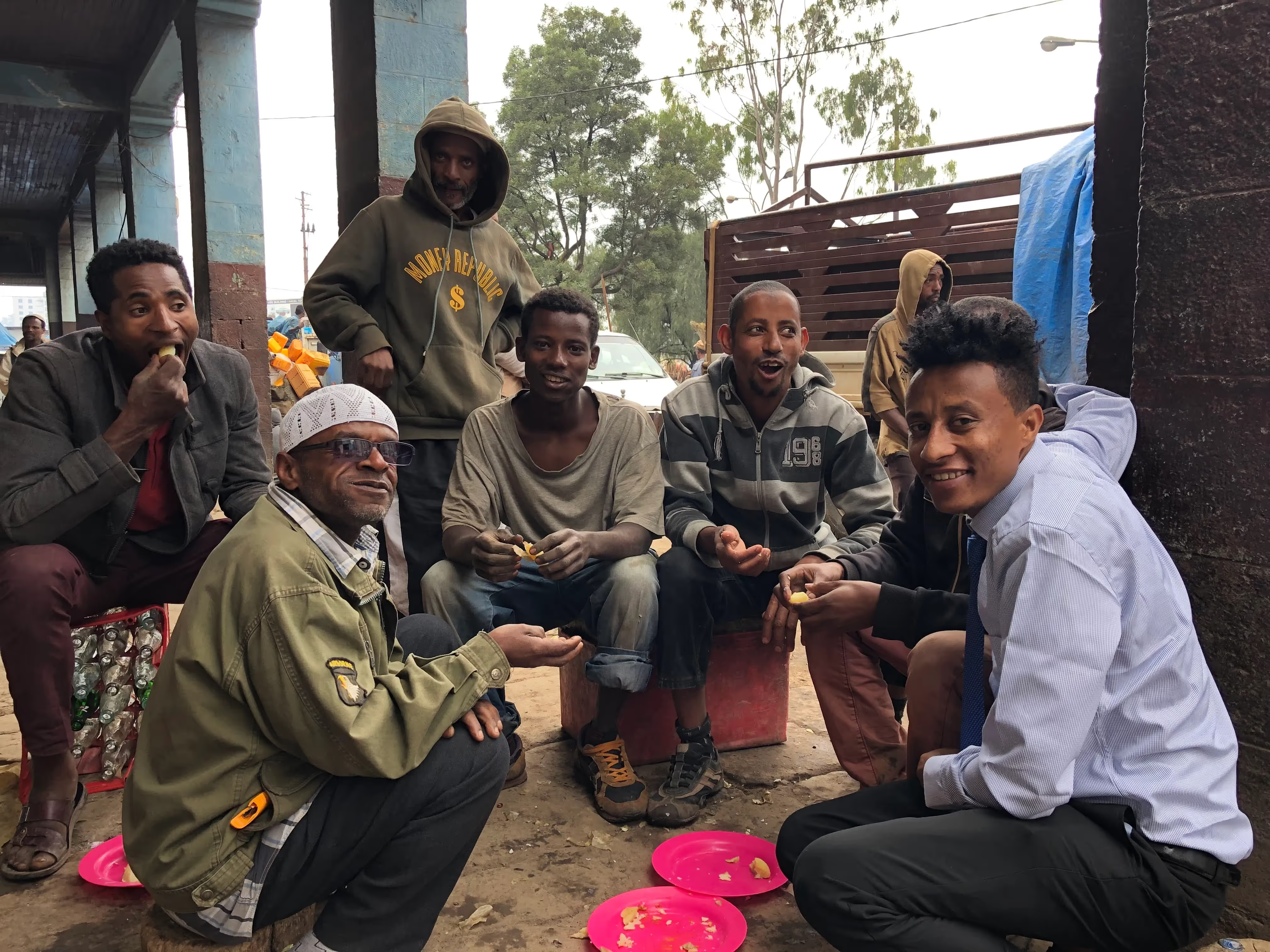Mercy has deep connections to our Christianity, but also can be lived out in our everyday life. Christianity is the religion of compassion and mercy — God’s mercy is central to Christian beliefs.
Scripture tells of God’s love for human beings and how he extends mercy to them, and the human is dependent on God’s mercy. “Have mercy on me” is the most important request man can have towards God, and we direct our request for mercy to God because we are intensely aware of our own deficiencies and guilt, the complete depravity of our sinful state.
As we grow in union with Him, maturing in our walk with Him, we can in turn — with Christ in us — extend out acts of mercy.
Hillsong Worship has this great song Hosanna with the beautiful lines:
Show me how to love like You have loved me
Break my heart for what breaks Yours
As we allow Christ to live through us, and our hearts are moved like His, we are moved to acts of mercy: feeding the poor, providing water for those who need clean water, clothing for those in need, building homes for the displaced, education for those who cannot afford it, helping those who are broken.
Many governments have put programs in place to take care of the needy, so practical acts of mercy are no longer seen as a personal responsibility.
Social justice, solidarity, non-profit organizations, and social programs seem to have replaced the human need to act mercifully. We have a crisis of mercy in our contemporary culture. In fact, even saying the words “have mercy” seems old-fashioned, no longer relevant, even syrupy religious. Mercy is therefore limited to a small number of human beings who work in the “mercy business.”
How do we define mercy?
It is glaringly obvious when there is no mercy. In current world events, we can quickly give examples of mercy and those acting without mercy. This is what people call a ‘no-brainer’.
How should we act towards other human beings? What is the responsibility of man towards man?
To be merciful, we must act mercifully. Mercy is not just an abstract thought. We can experience compassion without ever acting on it. We can look on person on the street without doing anything to help them. Often driving in my car, I see a person who is obviously struggling with life and I think to myself, ‘What road have you walked to bring you to this point in your life?’ But that is all it is — a compassionate thought.
Acknowledging them as a person reminds me of a guest speaker at Hungry For Life chapel a few years ago, who said it wasn’t about giving those struggling with homelessness money or a warm drink, but acknowledging them as a person. Asking their name, talking with them, looking in their eyes — acknowledging them as another human person are all acts of mercy.
Compassion is the emotion; mercy is the action.
The act of mercy doesn’t represent what the person is, but who the person is. Mercy doesn’t teach us about what a person is, but who a person is. Mercy, therefore, is a part of the individual’s character.
This is true of God — mercy isn’t what God is, mercy is who God is.
Mercy encounters something at the heart level, between entities of the same kind. This is meaningful when we understand how God relates to our needs and responds in mercy.
A few years ago, Hungry For Life had our partners from around the world share their stories with the staff. Our partner Tilahun in Ethiopia shared his story of a Canadian woman, Angela Green, who came to Ethiopia to minister to the street children, of which Tilahun was one. Living on the street, not bathing for many years, he was moved deeply by Angela giving him a hug and how that simple act changed the trajectory of his life. This was an act of mercy from one person toward another. An action of the heart of one human moving toward another — allowing them to breathe.
Mercy is not simply relieving a situation, but encountering the person who is suffering.
Mercy happens in many forms in our everyday life: a smile, a gentle touch or a wordless embrace; because the one who is being mercifully helped also gives something to the person who is giving mercy.
God gives us mercy and we, in turn, give him ourselves.
*This is a condensed version of a longer blog that we will be posting in parts over the coming weeks. Keep your eyes open for them!








